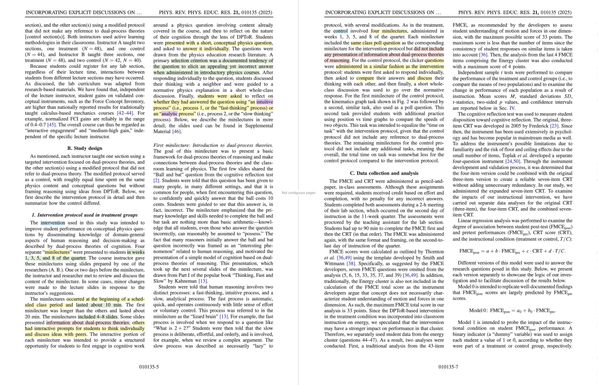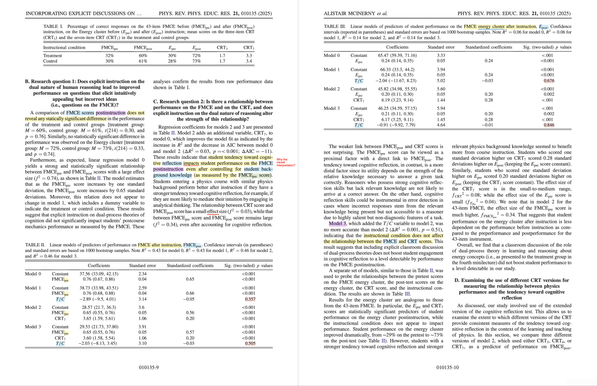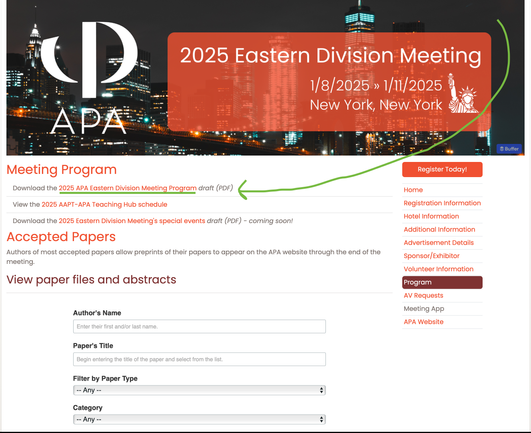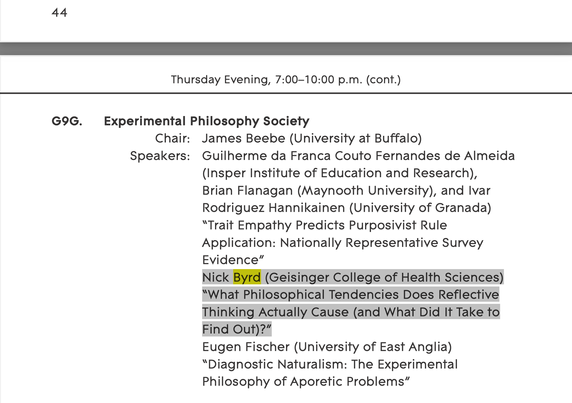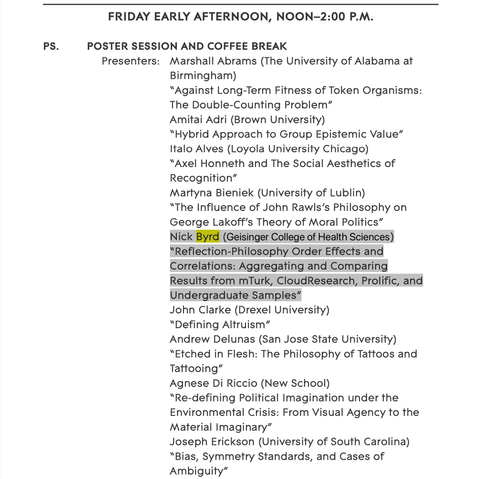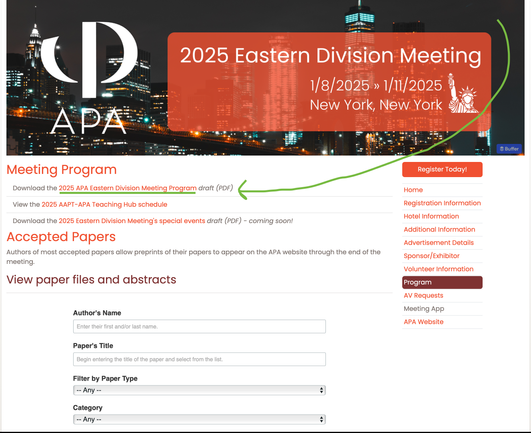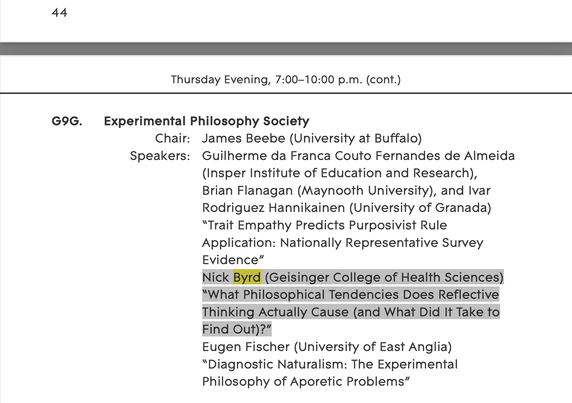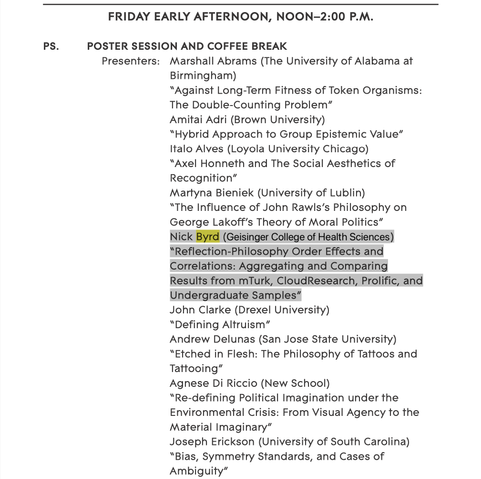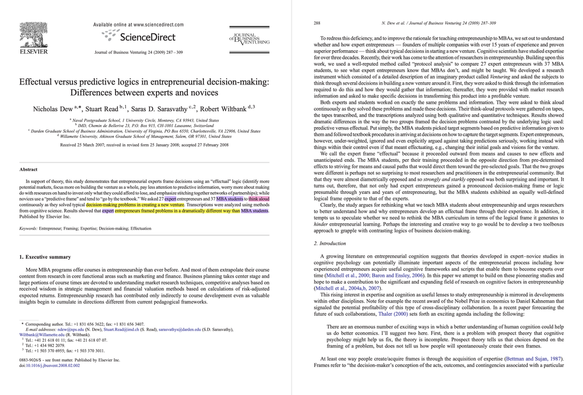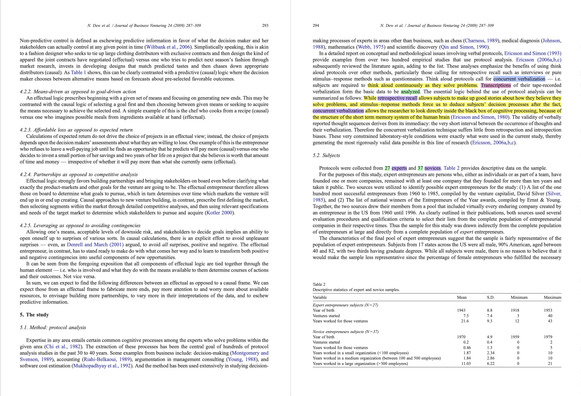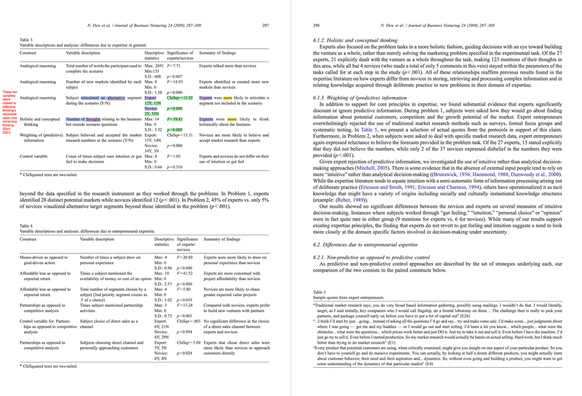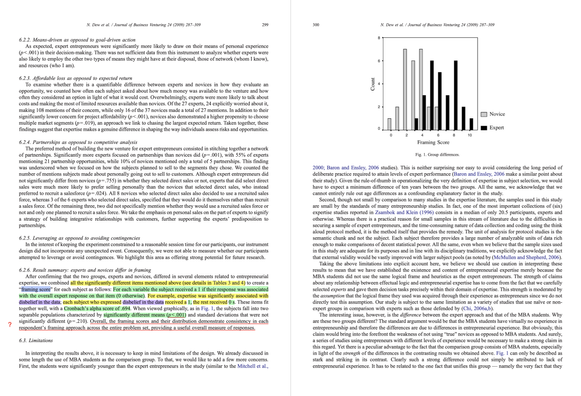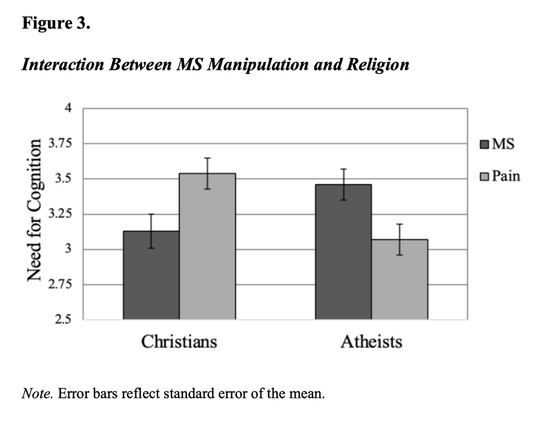Does awareness of intuition's fallibility help people avoid faulty intuitions?
#Teaching students #DualProcessTheory didn't help them avoid faulty intuitions about #physics problems.
https://doi.org/10.1103/PhysRevPhysEducRes.21.010135
#edu #cogSci #bias #debiasing #psychology #epistemology #rationality
Language models trained to (a) generate longer solution steps and (b) expand their "inner monologue" to include reflective "self-corrections" performed 6-11% better on medical benchmarks.
Such #LLM #diagnosis seemed to employ a hypothetico-deductive method.
https://doi.org/10.48550/arXiv.2501.06458
#medicine #AI #cogSci #metacognition #dualProcessTheory #epistemology #logic #philSci
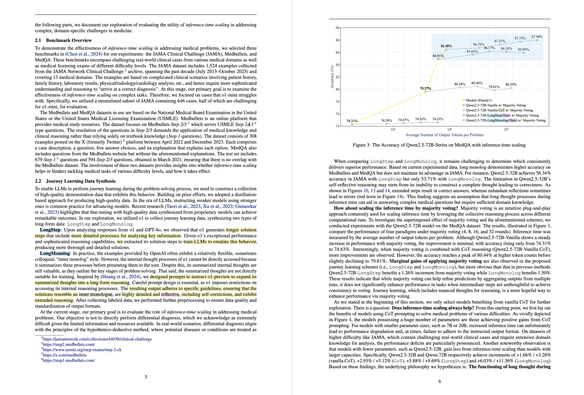

O1 Replication Journey -- Part 3: Inference-time Scaling for Medical Reasoning
Building upon our previous investigations of O1 replication (Part 1: Journey Learning [Qin et al., 2024] and Part 2: Distillation [Huang et al., 2024]), this work explores the potential of inference-time scaling in large language models (LLMs) for medical reasoning tasks, ranging from diagnostic decision-making to treatment planning. Through extensive experiments on medical benchmarks of varying complexity (MedQA, Medbullets, and JAMA Clinical Challenges), our investigation reveals several key insights: (1) Increasing inference time does lead to improved performance. With a modest training set of 500 samples, our model yields substantial performance improvements of 6%-11%. (2) Task complexity directly correlates with the required length of reasoning chains, confirming the necessity of extended thought processes for challenging problems. (3) The differential diagnoses generated by our model adhere to the principles of the hypothetico-deductive method, producing a list of potential conditions that may explain a patient's symptoms and systematically narrowing these possibilities by evaluating the evidence. These findings demonstrate the promising synergy between inference-time scaling and journey learning in advancing LLMs' real-world clinical reasoning capabilities.
Another paper challenges #dualProcessTheory about #ethics: https://doi.org/10.1111/cogs.70024
- no effect of reflection test prime
- reflection tests about #math didn't predict utilitarian responses
- reflection tests about #logic predicted more utilitarian AND more deontological responses
A #Bayesian, #DualProcessTheory inspired, multinomial approach to moral dilemmas found the
- “do no harm” impulse predicted by class, but not reflection.
- “some harm for greater good” responses predicted by reflection, not class.
https://doi.org/10.1007/s11186-024-09584-1
#xPhi #psycholoy #stats

Class-based differences in moral judgment: A bayesian approach - Theory and Society
This study employs Bayesian inference to explore class-based differences in moral judgment. Based on the dual-process perspective in interdisciplinary action theory, we estimate in a first step a process model which differentiates parametrically between emotionally driven deontological, deliberatively driven utilitarian, and residual judgmental inclinations. In a second step, our estimates of these parameters are correlated via beta regressions with indicators of social class and thinking dispositions. We find a considerable association between social class, specifically income, and deontological inclinations, whereas consequentialist inclinations correlate with thinking dispositions but not with social class. This research underscores the utility of Bayesian estimation in closing the gap between theoretical and statistical modelling. Employing this approach enhances our understanding of the nuanced interplay between intuitive and deliberative processes in moral judgment and, more generally, offers a promising direction for advancing sociological action theory.
Excited to share YEARS of research about how to get people to think reflectively and how reflection impacts philosophical judgments at the 2025 #APA in #NewYorkCity (January 8 to 11): https://www.apaonline.org/mpage/2025eastern
Can't make it?
- More about my talk: https://researchgate.net/publication/370132037
- More about my poster: https://researchgate.net/publication/371248872
Thanks to the #APA, James Beebe, and the Experimental Philosophy Society for the opportunity!
#decisionScience #philosophy #xPhi #epistemology #bioethics #cognitiveScience #mTurk #Prolific #UniversityParticipants #surveyMethods #DualProcessTheory
More evidence that time pressure inhibits reflective thinking:
Covariance detection tasks lure people into judging the effectiveness of an intervention by the NUMBER of times it worked rather than the RATIO of times it worked (compared to the times is didn't work).
As with other reflection tests, a time limit reduced performance on the task (N ≅ 400).
https://doi.org/10.1007/s12144-024-06525-0
#statistics #logic #criticalThinking #medicine #decisionScience #cogSci #edu #dualProcessTheory #bias #cognitiveBias
Training language models to reflect improved the their performance on mathematical tests?
The reflective model is designed to “consider alternative perspectives and engage with abstractions and analogies”. Results indicate the reflective model outperforms other models (and most of the gains can be achieved with less than half the training data?).
https://doi.org/10.48550/arXiv.2406.12050
#AI #LLM #math #dualProcessTheory #computerScience #decisionScience #psychology #edu #modeling #science #epistemology #xPhi

Learn Beyond The Answer: Training Language Models with Reflection for Mathematical Reasoning
Supervised fine-tuning enhances the problem-solving abilities of language models across various mathematical reasoning tasks. To maximize such benefits, existing research focuses on broadening the training set with various data augmentation techniques, which is effective for standard single-round question-answering settings. Our work introduces a novel technique aimed at cultivating a deeper understanding of the training problems at hand, enhancing performance not only in standard settings but also in more complex scenarios that require reflective thinking. Specifically, we propose reflective augmentation, a method that embeds problem reflection into each training instance. It trains the model to consider alternative perspectives and engage with abstractions and analogies, thereby fostering a thorough comprehension through reflective reasoning. Extensive experiments validate the achievement of our aim, underscoring the unique advantages of our method and its complementary nature relative to existing augmentation techniques.
I recently found think-aloud research from 15 years ago, which may have revealed that expert entrepreneurs thought more reflectively than novices (MBA students).
I also like that this paper seems to relay some of the reasons that concurrent think-aloud protocols can outperform retrospective verbal report protocols.
http://doi.org/10.1016/j.jbusvent.2008.02.002
#business #decisionScience #economics #epistemology #dualProcessTheory #surveyMethods #ThinkAloudProtocol
Does thinking about death have different effects on Christians and Atheists?
A 2023 master’s thesis reports that “Christians primed with [mortality salience] reported lower [need for cognition] than those primed with pain, while the opposite effect emerged for atheists”, F(1, 244) = 12.70, p < .001.
https://etd.ohiolink.edu/acprod/odb_etd/etd/r/1501/10?clear=10&p10_accession_num=csu1706816143515095
#cogSci #Religion #Psychology #dualProcessTheory #TerrorManagementTheory
OhioLINK ETD: Seeling, Ashley Diane
